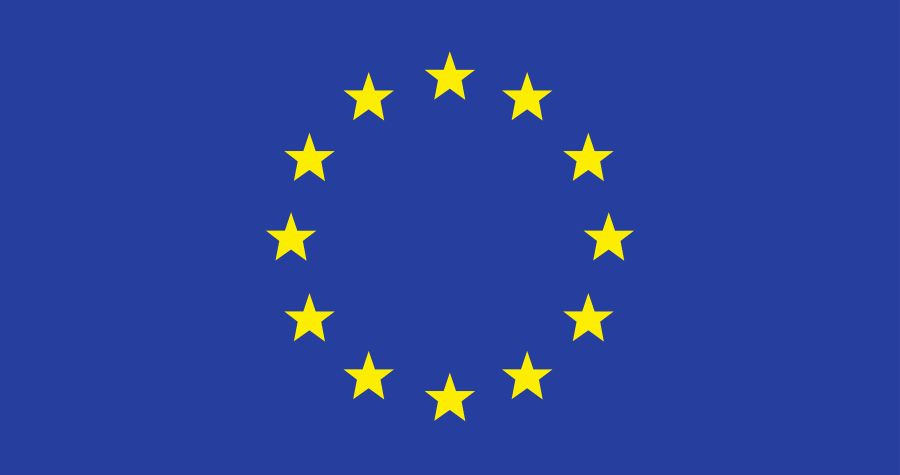Hungary’s Crackdown on Pride Escalates as Prime Minister Orbán Vows Legal Consequences for Those Daring to March

How did the Hungary Pride ban come about, and what laws led to this decision?
In the heart of Budapest, a battle for freedom is brewing. For 30 years, the city has hosted vibrant Pride marches, celebrating love and equality.
But in 2025, a new law threatens to silence this tradition. Hungary’s government, led by Prime Minister Viktor Orbán, has banned public LGBTQ+ events, including the Budapest Pride march.
What does this mean for the people of Hungary, and why are so many determined to march anyway?
Hungary Pride Ban: A Controversial Law Takes Shape

In March 2025, Hungary’s parliament, dominated by Orbán’s Fidesz party, passed a law that bans Pride events.
The government claims it’s to “protect children” by amending a 2021 law that forbids showing or promoting homosexuality to those under 18.
The new rules allow police to use facial recognition technology to identify people at banned events. Those caught attending or organizing could face fines of up to €500 or, for organizers, up to a year in prison.
This isn’t the first time Hungary has targeted the LGBTQ+ community. Since 2010, Orbán’s government has passed laws limiting transgender rights and banning same-sex couples from adopting.
Critics, including human rights groups, say these laws unfairly single out LGBTQ+ people and compare them to restrictions in Russia.
The European Union and 20 of its member countries have called the ban a violation of basic rights like freedom of assembly and expression.
Defiance in the Face of Restrictions

Despite the ban, Budapest’s mayor, Gergely Karácsony, insists the Pride march will go ahead on June 28, 2025. He calls it a “celebration of freedom” and says it’s legal under Hungary’s Assembly Act.
Karácsony’s stance has sparked hope among organizers and supporters. Up to 70 European Parliament members plan to join the march to show support, defying Orbán’s warning of “legal consequences.”
Protests have already erupted. In March, thousands blocked Budapest’s Margaret Bridge, chanting “Assembly is a fundamental right.”
Some, like 20-year-old transgender marcher Corvus, see the ban as a sign of growing restrictions. Others, like the couple Lili Janca and Laurka Lanczki, are considering leaving Hungary due to the constant pressure they face.
Budapest Pride organizers remain firm, calling the law an attack on all Hungarians’ rights. They’ve received messages from people who never attended Pride before but now plan to march with their families.
A “grey Pride” event, organized as a playful protest, saw people wave monochrome flags to mock the idea of forced sameness.
EU Countries Respond to Hungary’s Pride Ban

The European Union has strongly criticized Hungary’s Pride ban, with 20 member states issuing a joint statement condemning it as a violation of fundamental rights.
Countries like Germany, France, and the Netherlands have been vocal, urging Hungary to reverse the law.
Germany’s Foreign Minister called it “a step backward for democracy,” while France’s Equality Minister pledged support for Hungarian LGBTQ+ activists.
The Netherlands has offered to host Hungarian Pride organizers for strategy meetings, signaling practical solidarity.
The European Commission is reviewing the law’s compatibility with EU values, with a senior legal expert stating it may breach freedom of assembly guarantees.
Some EU countries, including Belgium and Spain, have promised to raise the issue at the next EU Council meeting, pushing for sanctions if Hungary doesn’t comply.
Meanwhile, up to 70 European Parliament members from countries like Sweden, Ireland, and Italy plan to attend Budapest Pride on June 28, 2025, to show defiance. T
These actions highlight a growing divide between Hungary and its EU partners over human rights.
What’s Next for Hungary?
The Pride ban comes as Orbán faces a tough 2026 election against opposition leader Péter Magyar, a former Fidesz member.
Some believe the ban is a move to win over conservative voters. Meanwhile, the European Commission is reviewing whether the law breaks EU rules.
A senior EU legal expert has already said it’s based on prejudice, hinting at possible legal challenges.
For now, Budapest Pride organizers and their supporters are preparing to march, ready to face fines or worse. Their message is clear: love and freedom cannot be banned.
As the June 28 march approaches, the world is watching to see if Hungary’s LGBTQ+ community and their allies can keep the spirit of Pride alive.
You might also want to read: Breaking: Trump Administration Ends LGBTQ+ Youth Suicide Prevention Program


